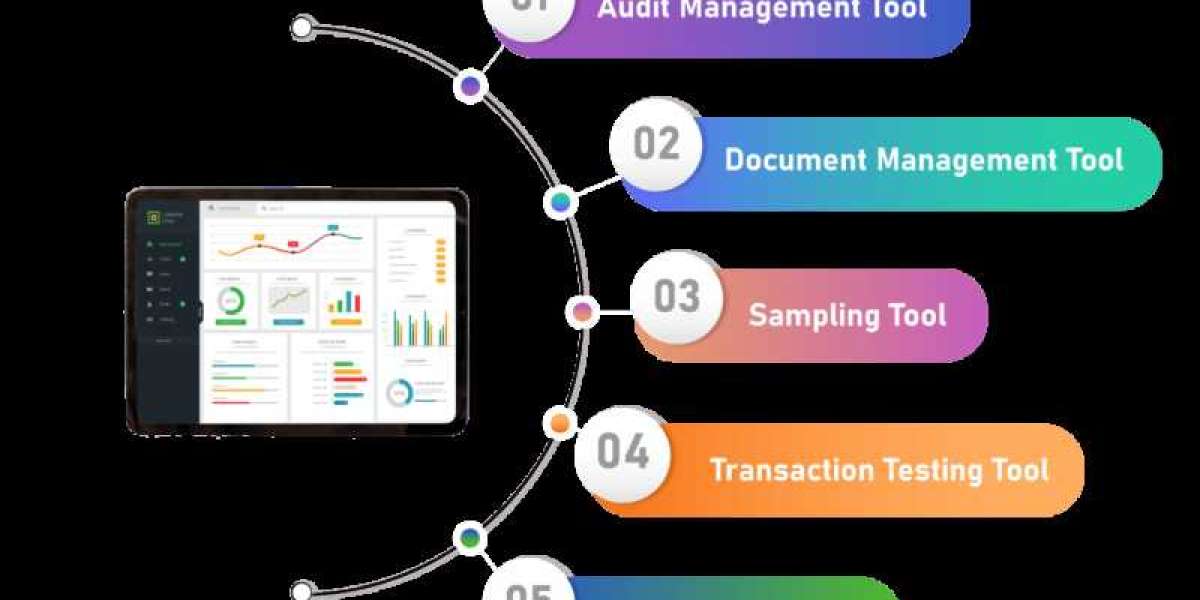Audit software is a powerful tool that allows organizations to automate and streamline their auditing processes. With the use of audit software, auditors can conduct audits more efficiently and effectively, with fewer errors and greater accuracy. In this article, we will explore what audit software is, its importance, and how it can benefit organizations.
Overview of Audit Software:
Audit software is a type of software tool that is used by auditors to perform auditing tasks. It automates the auditing process, from planning and scheduling audits, to executing audit procedures, to generating reports. Audit software can be used in a variety of auditing tasks, including internal audits, external audits, financial audits, and compliance audits.
Audit software can help auditors to manage large amounts of data and information, ensuring that all data is accurate, consistent, and up-to-date. It can also help to reduce the risk of errors and inconsistencies in the audit process, improving the overall quality of audits.
Importance of Audit Software:
Audit software is becoming increasingly important in today's business environment. Auditors are required to perform audits more frequently and comprehensively than ever before, and must do so with greater accuracy and efficiency. Audit software can help to improve the effectiveness and efficiency of audits, allowing auditors to focus on more complex and value-adding tasks.
Audit software can also help organizations to comply with regulatory requirements and industry standards. Many industries have specific requirements around the auditing process, and audit software can help to ensure that these requirements are met. For example, financial auditors must comply with the Sarbanes-Oxley Act (SOX), which requires auditors to perform tests on internal controls. Audit software can help auditors to comply with SOX requirements, by automating the testing process and providing a framework for documenting and reporting findings.
Browse In-depth Market Research Report (107 Pages) on Audit Software Market
Benefits of Audit Software:
Improved Efficiency: Audit software can help auditors to perform their tasks more efficiently, allowing them to focus on more complex and value-adding tasks. By automating the auditing process, audit software can reduce the amount of time and effort required to perform audits.
Greater Accuracy: Audit software can improve the accuracy of audits by ensuring that all data is accurate, consistent, and up-to-date. This can reduce the risk of errors and inconsistencies in the audit process, improving the overall quality of audits.
Enhanced Reporting: Audit software can generate reports quickly and accurately, providing auditors with the information they need to make informed decisions. This can help organizations to identify areas for improvement and compliance issues.
Related Reports:
A2P Messaging Market Research Report- Global Forecast 2030
Master Data Management Market Research Report- Global Forecast 2030
Energy as a Service (EaaS) Market Research Report- Global Forecast 2030








